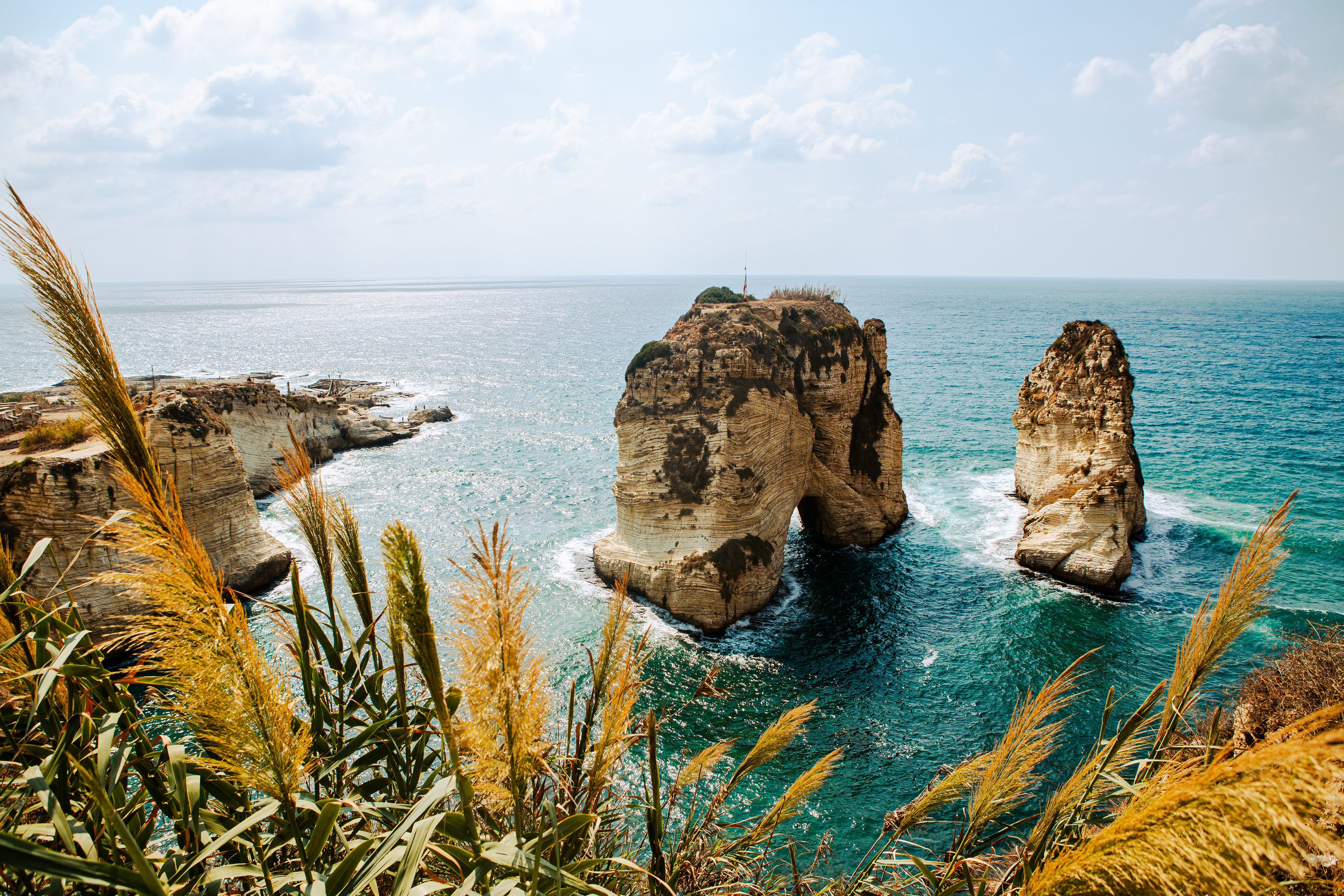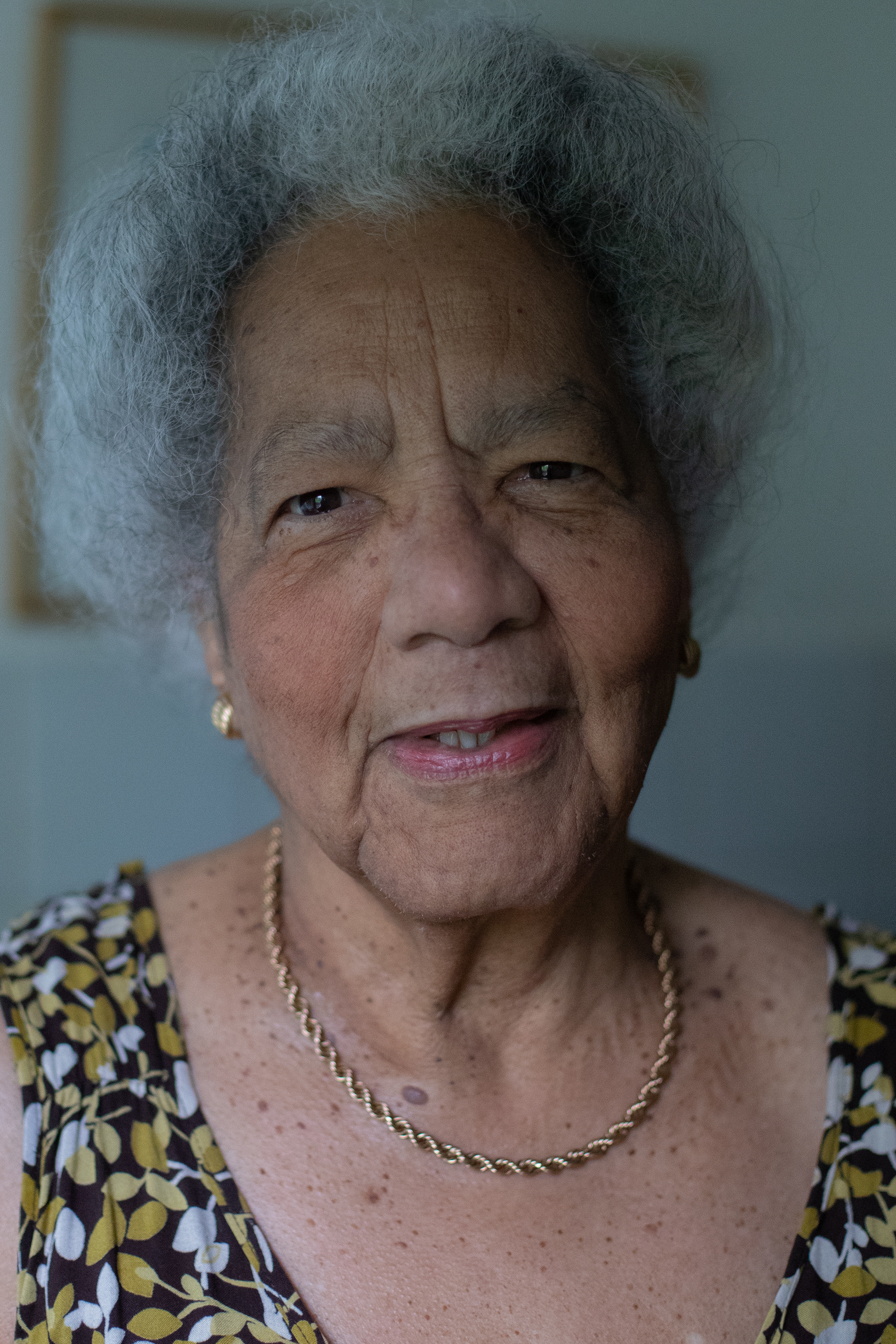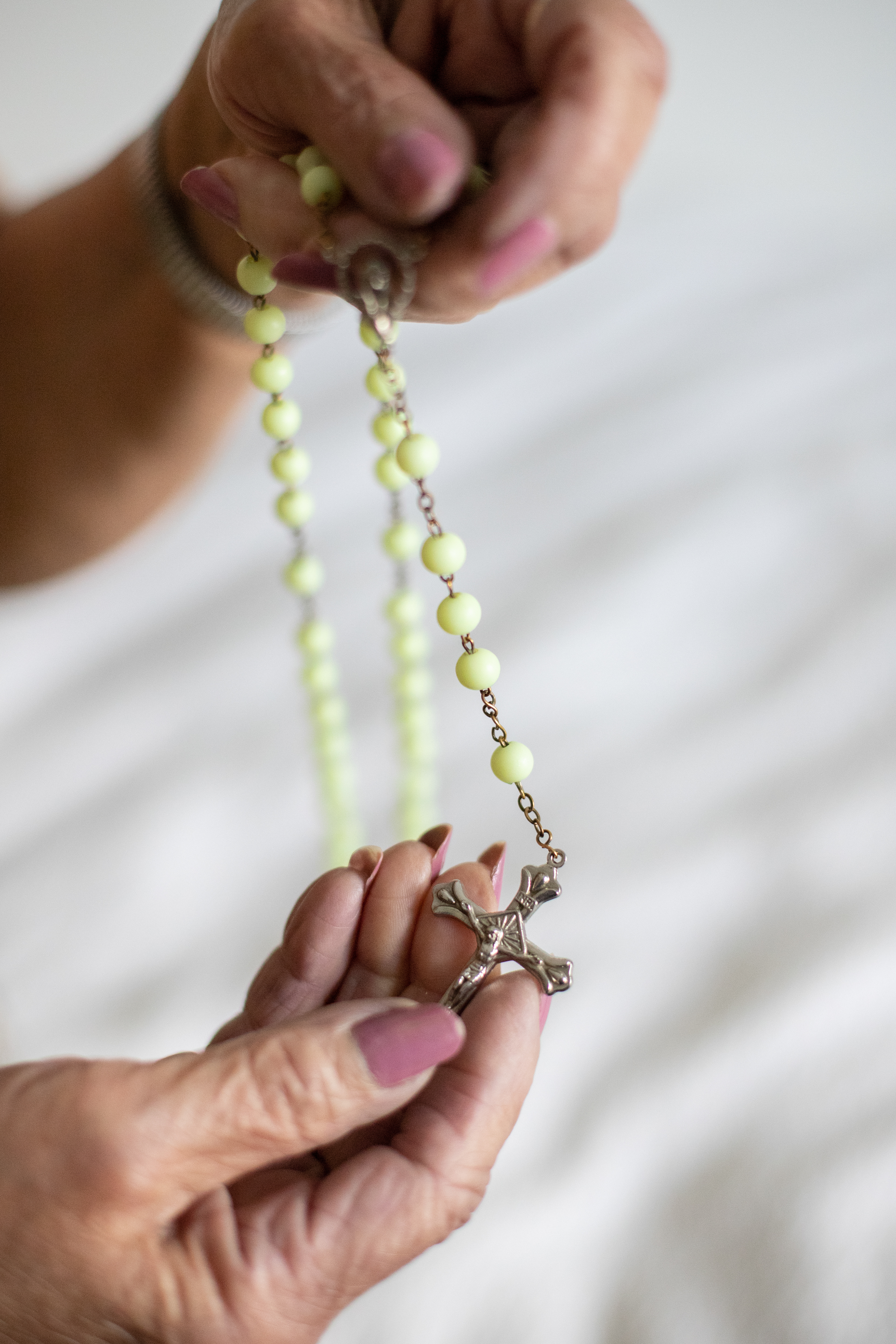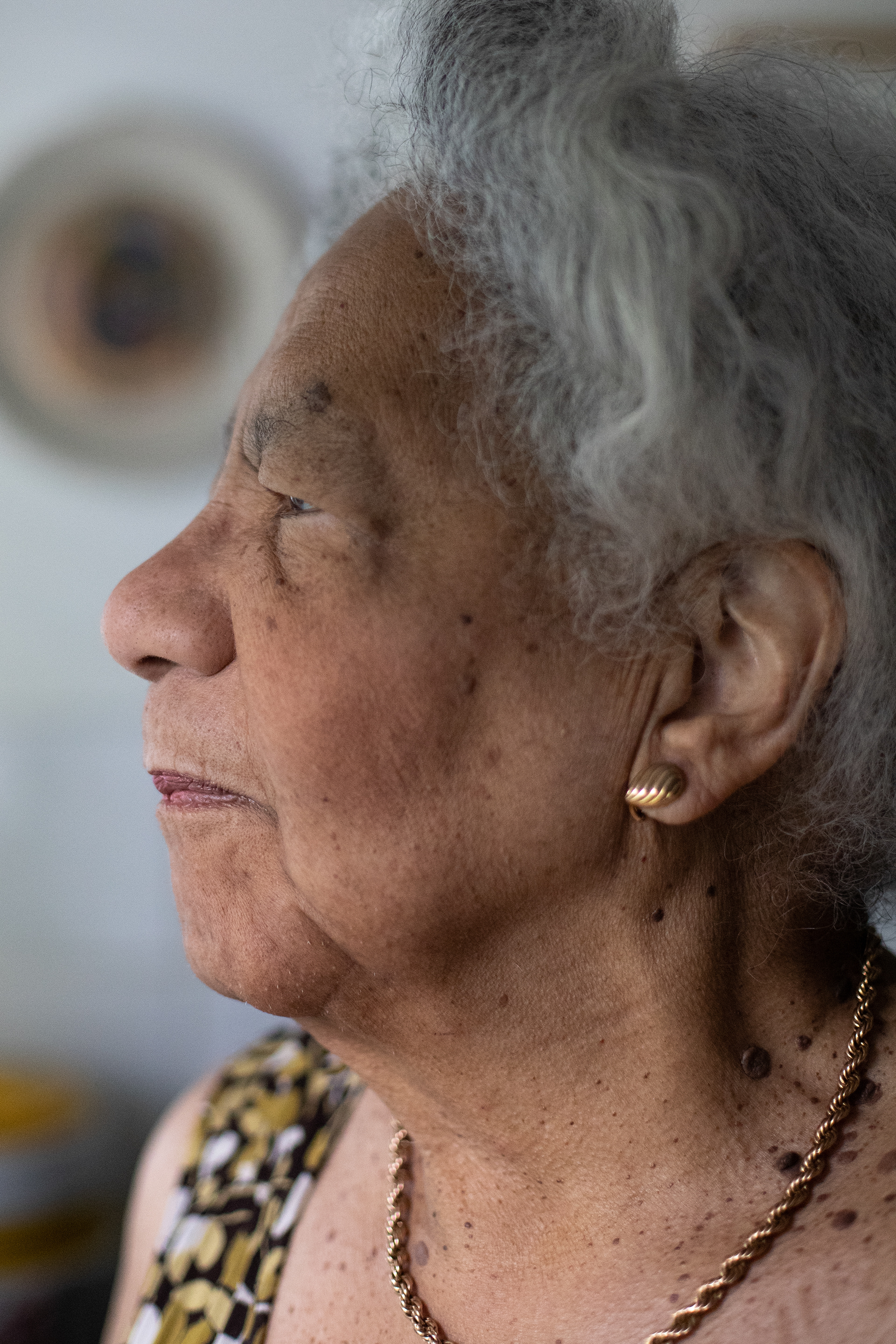
Lebanon, 2021.
These stories are a glimpse into Lebanon a year ago; specific conversations had over coffee and juice; local heroes I spent time with. I accompanied a team of volunteers who provide vital food supplies for refugee families living in Damour, a city south of Lebanon.
We walked halfway up a small hill across from my accommodation to the skeleton of a building. We entered the downstairs of the concrete foundations; no door but an open space surrounded by the columns supporting the upstairs floor. Past some cardboard and tarpaulin sheets, a man emerged from the opening to the body of the house. They began to assemble the various chairs that were spread around the opening of their home. I sat as the team began telling me about the family. Their rent had increased significantly in the recent months. It was now intolerable because of the rapidly declining value of the Lebanese currency. They weren’t sure how they would get through the next few months. “I will speak to your landlord- it is not fair what they are doing,” Yasser insisted, the leader of the team. Mahmoud, the father of the family agreed, but added, “They are struggling as well.”
“Everyone in Lebanon remembers where they were when it happened. You could feel it like an earthquake. Many people thought it was,” one of the team translated. Our conversation inevitably moved to the explosion that happened the year before in August of 2020. It had affected so many people in Lebanon. Mahmoud had been in a shop further up the hill and as he was leaving the buildings around him shook, the windows of the shop shattering from the force of the explosion over twenty-two kilometres away. His landlord had been refurbishing a flat in Beirut right across from the port. He was visiting it to check on the progress when hundreds of tons of fertiliser exploded in the harbour. “There are many stories like this” they translated. When another fire erupted days later, in the familiar panic people within the burning building had jumped from their windows expecting the same devastating events to unfold.
A young girl emerged from behind the tarpaulin sheet “This is my daughter,” he called her over to him. “This one” he laughed, “was the most spoiled in all of Syria.” Her cheeks went pink as he went to pinch them. He told us when he would come home from work in Syria, he would put his key up to the door and turn the lock open. His daughter would run to meet him at the door, stopping him from entering the house until he had given in to her demands; taking her to the bustling market down the road. He would buy as many things as she wanted. He would lift her onto the market counters as she pointed at all the things she wanted.
We sat together one gentle afternoon by the beachfront of Sidon. The sand was white and shiny, the beach encased by the ruins of buildings centuries old. My hosts had taken me for a meal. There was an economic crisis and still, they were fulfilling their hosting “duties” and treating me to a meal of fresh fish on the beautiful Lebanese coast. Having been oblivious to exactly what the bodies resting on ice in the freezer were, my hosts had ordered for me, Suzie telling me that a mixture of fish would be the best way to taste all Sidon had to offer. We sat in our seats waiting for our feast to arrive. “Usually it would be full of tourists at this time of the year, but with COVID and everything happening here, nobody wants to come.” As we sat, a coach pulled up at the side of the busy road and a small handful of tourists got out.
“This area is a Muslim area,” Suzie spoke softly and slowly, her face resting in a smile. “I used to work near here, but not many Christians have been to Sidon.” “Why is that?” I asked ignorantly. Suzie began to tell me about when she had left Lebanon as a young girl. She had witnessed a young man shot dead in front of her. “It was very traumatic for me and my parents decided it was time for us to leave after that moment.” They moved to Argentina. “I loved it there,” she told me. However, they didn’t stay for long. After 4 years away from Lebanon and the many family members they had left there, they felt a deep longing to return to them despite the continued violence. She had been in Lebanon ever since and had worked as a teacher in Sidon until the economic crisis hit the country.
“I cried every day for a month,” she told me of the recent trauma the country had experienced. She had felt the explosion at the port while resting at home in her apartment. She had thought it was an earthquake.
One evening, we went to the house of a Syrian family. They had five kids. The mother and father welcomed the team, and they ushered us to sit on the mats and cushions on the floor The night started with chocolates and laughter, the father of the family speaking in Arabic to Yasser, them laughing, me understanding snippets of their conversation. The words jumbled together in my brain, hearing “dog”, “street”, and other odd words, but unable to comprehend a full sentence. The kids had all come to join us and sat beside Emma, an American girl on the team, and me on the cushions doing their homework together. The smallest, over two years old, sat suspiciously staring at me, a new person, an intruder. When I waved and smiled at him he would run to his brothers and hide. After a while, I was asked to introduce myself. “Ismii Rayna...” telling them where I was from and why I was there. With the necessary introductions finished, they started to tell stories together.
He began speaking of his father. They had been on a bus in Syria and the bus had gotten stuck on a hill. Some of the men got off the bus including his father to give it a push to start it again. As they pushed, the bus rocked back on the ice hitting his father. He immediately passed out on the ground. While his father was unconscious outside, he waited on the bus getting increasingly frustrated that his father had not yet returned, imagining him having a long and unnecessarily drawn-out conversation with someone outside. Five minutes had passed and the other men had returned. After a few more minutes, his father awoke, got up and walked back onto the bus as if nothing had happened. We laughed at his father’s calm attitude. How quickly he had brushed himself off and gotten up again.
“I just want a good future for my children,” the father said to us. He turned and looked at his children, his oldest son and daughter marking their sibling’s homework beside where we sat. The family’s income had decreased so significantly that they were unable to buy bread, a staple of Lebanese and Syrian cooking. They weren’t able to buy drinking water. Instead, they had been drinking from the tap; likely to give them stomach aches and kidney stones. The father had been unable to get work. Previously he'd been in construction however, over the past few weeks, he had not been paid for his work, told by his boss that due to the fact he was Syrian and a refugee he would be "lucky" to receive a reduced rate if anything at all in the current crisis. He decided to leave this job. He shared that racism was a part of his every day, exacerbated by the current economic issues. Not only had he been subject to this, but so had his kids. His middle son, a few days before we visited had been playing in the street when boys had started shouting racial slurs at him. When his older brother intervened to scare them off, the parents of the children came to their house with bats and knives to threaten them.
They felt they were no longer welcome. “Syria is not an option for us anymore. We must move on.” His wife agreed, slowly nodding her head. Yasser left an extra box of food for them. ‘You can always call me if you need something. Water or bread, I always have extra.” He insisted on this looking the father closely in the eyes, repeating it often throughout the rest of our conversation, the father always refuting. We finished our ‘goodbye’ coffee and left.
“Do you know what happened here?” Yasser asked as we climbed the hill towards the flats in the near distance. “No, what do you mean?”. “Do you know the history of Damour and what happened here in the war?”. Every day people were struggling but none so much as those who had fled violence and persecution. As a tourist just passing through, I could never fully understand the extent of the economic devastation unfolding in the country which only continues to escalate today. We walked up the large hillside of Damour to the houses at the top, every so often passing a building covered in a rash of bullet holes, interiors exposed and unused. Damour had been an area central to the civil war. The Damour massacre took place on the 20th of January 1976. In this town, south of Beirut, 582 civilians were killed. Hundreds of residents left Damour before the massacre and throughout the civil war, searching for safety in Europe, America and South America. Many of those families only returned at the end of the war in the 90s. The memory of the civil war was still vivid; buildings stood idle, memorialised throughout Damour. This traumatic memory had been invoked by the recent port explosion and the country’s political and economic instability which sparked violent altercations with authorities in October of 2021. Damour was now shared both by Lebanese Christians and Syrian Muslims.
We reached the top of the hill. Yasser and the team began calling out the woman’s name that had called him earlier and arranged to meet. “Nadine!”, they repeated as we continued along the road. Finally, a woman appeared from her window waving to us. Her apartment was fully furnished with a balcony, marble floors and velvet cushions. “Why do they need a food package?” I wondered.
“Since 1975 we have been in a constant war, even after the war ended we have been in an economic war”. Nadine spoke of her family's current situation and how their lives had changed dramatically because of the economic situation facing Lebanon. “We used to have a second home, a big thriving business and now we have nothing- I cannot pay for the stationery for my children’s school”. She was one of the first Lebanese people Yasser had provided food packages for since starting the service. We sat in her beautiful front room nestled in the cosy arms of her velvet couches.
Her kids were hoping to return to school in the next few days “in-person” but had no certainty whether they would be able to get them to school a half an hour's drive away and an even longer walk. Large lines of people would wait outside gas stations throughout the country. Men and women waited for 6, even 12 hours throughout the day and night to try and fill up their tanks at least a quarter or so. The military controlled each gas station as situations had often become violent. Rumours had spread that people had lost their lives fighting over cooking oil and bread offered at reduced prices.
“I have to have hope for the future. I have to continue to laugh”. She smiled from cheek to cheek. For some reason, we were smiling too. Her hope was contagious. Yasser and another team member from Syria were humbled. The tables had turned so quickly. Having sought refuge in Lebanon they were now consoling a Lebanese mother. “We are so sorry.” They said. “ We want to help however we can.”
Yasser began to share a story with Nadine. When fighting had erupted in Syria he was smuggled out of Aleppo to join his parents in a surrounding town. The first night he stayed with them, the neighbourhood was persistently bombed, the house trembling from the nearby shelling. They had nowhere to go. He was afraid. He was tired from travelling. He was tired from the constant looking over his shoulder he had had to do to get to his parent's home. From upending his life so quickly. All he could think to do was to pray. He prayed and began to fall asleep as shelling continued to fall around the house. Miraculously his parent’s home was safe that night. “I see that the peace which helped me that night would be seen by many as foolish.” But this experience had guided him through many moments; finally leaving Syria and coming to Lebanon, the fires that had threatened his new home in Damour, the political uncertainty of the Arab spring riots which had finally reached Lebanon earlier that year, the explosion that had been felt like an earthquake throughout the entire region, and his still, after more than a decade, uncertain future.
He had not escaped suffering when he had left Syria; the uncertainty and suffering spilling over the man-made borders. “I could leave Lebanon, but I don’t want to run away. I know that my purpose is to help the people here.”

Gloria Maharaj, aged 86, at her home in London.

Gloria's rosary; she is a devoted Catholic believer.

Gloria, 21st June 2020
When I was sixteen, I was lying on my grandmother’s bed, waking up from a nap that melted into the endless days that always came with summer with my Mum’s family; my Aunt and my Granny. My Granny was in her kitchen, the kettle on, tea being poured. She was speaking to my cousin’s girlfriend at the time and she was showing her some things in a paper box. As she talked from the kitchen, I listened from her room- a distance away. She spoke about travelling on a boat, meeting a kind and strange stranger, and her audaciousness while falling in love. I had never really heard this story before.
I remember in primary school, we were given a project to tell the class about our family and their stories. My mother was immediately on the phone with Granny in London to send some photos so I could take them with me to school to show my class. There she was, a teenager on white sand with palm trees in the background. It was a completely different world to me, a girl brought up in Glasgow.
My heritage has always been something that I am extremely proud of. Whenever someone used to ask, “Where are you from?”, I would say Scotland and was even more proud to say “but my Grandmother is from Barbados, and my Grandad was from Trinidad”. I thought it made me sound interesting. I was unique. When my mother was asked the same question, I didn’t sense the same excitement in her answer. As I asked my mother more about Granny she told me about her two trips to Barbados and Jamaica in school holidays to see her relatives, her family playing cricket in the park, laughing and eating and she also told me the same rough story of granny getting on a boat and travelling thousands of miles to the UK.
When I was in high school we were being tested on public speaking. We could speak about anything we wanted to. I decided to speak about slavery. My mother informed me that my Grandmother had traced back her roots to slaves. She told me that Granny had a Welsh last name likely belonging to a slave owner from a plantation in Barbados who had passed his name through her slave ancestors. I struggled as I spoke to the class, feeling as though I was talking, but no one was listening. What could I expect- it’s school.
I remember asking my Aunt about what things were like for her at school in London. She told me she went to school in the eighties and she learned about America and the civil rights movement. Her classes and learning were strangely juxtaposed with riots that were happening in the UK. She told me that history was being witnessed beyond her school windows- racial tension boiling over in the surrounding areas because of the New Cross Fire.
We travelled to Trinidad a few years ago and I met paternal relatives that I had never heard of before. Family on the other side of the world. I stepped off the plane, sweating in the skinny jeans and sweater I had decided to wear. My mother met people she had only heard stories about and seen in pictures- getting to see her uncle for the last time before he died a few years later. I timidly shared my experiences with people who had asked me about my “holiday”, competing with their stories of snorkelling in the Bahamas for the first time. I stuttered. I couldn’t say the right words. I couldn’t compete.
I realised that if I really wanted to understand more, I would have to ask Granny herself. We were travelling to Florida, visiting my mother’s uncle and his family. Granny mentioned how the clouds were lower in tropical countries and she was wearing a beautiful bright dress.
Now it was me sitting in her kitchen, kettle on, tea being poured, but this time I had a pen and a notepad. She came to the UK at the age of twenty-one, enticed by the prospect of being able to become a nurse in London. She had lived in a nice house in Barbados. They had a greenhouse where her mother's plants were and had five servants working for her family. They had mahogany and tamarind trees surrounding them. She was number eight in her family with five brothers and four sisters who all went to either the UK or North America for their education. She would walk into town and neighbours would shout that they’d just seen her brother moments earlier walking the same way. Barbados is an island fourteen by twenty-one miles- people know each other. She was sent to a Convent for school and she was head girl. She played netball and tennis. She and the rest of the "coloured" girls were better educated than most of the white girls at the school. She laughed recalling this fact. Her sisters were some of the first "coloured" women to get a job at the local bank. She decided she wanted to come to London and train to become a nurse.
She told me that she had arrived in the UK on a large boat. Some would get to have dinner first, then there was a second slot and then there was a third. She was at the table with the Captain. She said this smiling. There was a man that had been trying to catch her attention ever since the boat left Barbados. After a stop on a different island, he bought her a gold brooch of a Spanish Galleon. He gave it to her in front of a crowd of some of the friends that had met on the boat and she blushed with embarrassment, but took it and thanked him, not wishing to embarrass a gentleman.
When he arrived in London he looked for a room. “No Blacks, No Dogs, No Irish”. My grandfather had come to the UK hoping to study Medicine. Before setting foot on the boat, he had tried his luck at the races and had won seven hundred pounds. He was the oldest of eight siblings. Financially he was unable to pursue his dream of becoming a doctor, instead deciding to pursue a career in Engineering.
While she trained at Guy’s Hospital in London, they would go out together. They went to big dinners that had people from all over the Commonwealth. She told me, while giggling, that she had been kissed by another man at a Commonwealth Institute Ball, and that my Grandfather regretted his timidity, telling her in a letter that he wished that he had stolen that kiss instead.
My Grandfather lied about sending their wedding invitations to his family because of what had happened to his Aunt when she had tried to marry an African American but was ambushed by her protesting Hindu family at her wedding. Only their friends could make it. Her father died before the wedding but had communicated firmly that he wished for her to continue with the festivities, even in his absence.
She told me about them getting their house on Verdant Lane, and how she had endeavoured to win over the white neighbours who had objected to them moving in. She smirked, “I showed them I wasn’t so bad after all.”
She was grateful for the independence that nursing had given her and felt blessed by the stability that Indar, my Grandfather, had because of his engineering. “We never had to go cap in hand for anything,” she added.
As she finished telling me her stories, she made one final comment. She had spoken about immigrants from the West Indies, the generation that she was a part of, noting that they “forged the way for many industries” in the UK today. My grandparents were part of the “Windrush” generation, those that came from the West Indies with the hope of opportunities and jobs, a generation named after the Empire Windrush ship which was the first of many to bring families to the UK invited to rebuild Britain, their homeland, after the war. Granny herself, came on a French Liner called the Antilles which docked in Southhampton in the summer of 1955. In 2017, it came to people's attention that many from this generation were being detained and forcibly removed from the UK, even after a life lived and invested in this nation. Despite being British citizens at the time of their invitation and entry to the UK, the British government has pursued a calculated ongoing racist agenda.
As I reflect on Granny’s story, I regret the alienation that I have felt from it; my grandfather’s story, my mother’s story, and the generations that came before them. I thought it to be the story of some foreign people from a faraway land, and yet, it is actually one much closer to home.
As Black Lives Matter awakens the UK, will we have the courage to recognise these as British stories, our stories?
Find out more about the Windrush Scandal: https://www.jcwi.org.uk/windrush-scandal-explained